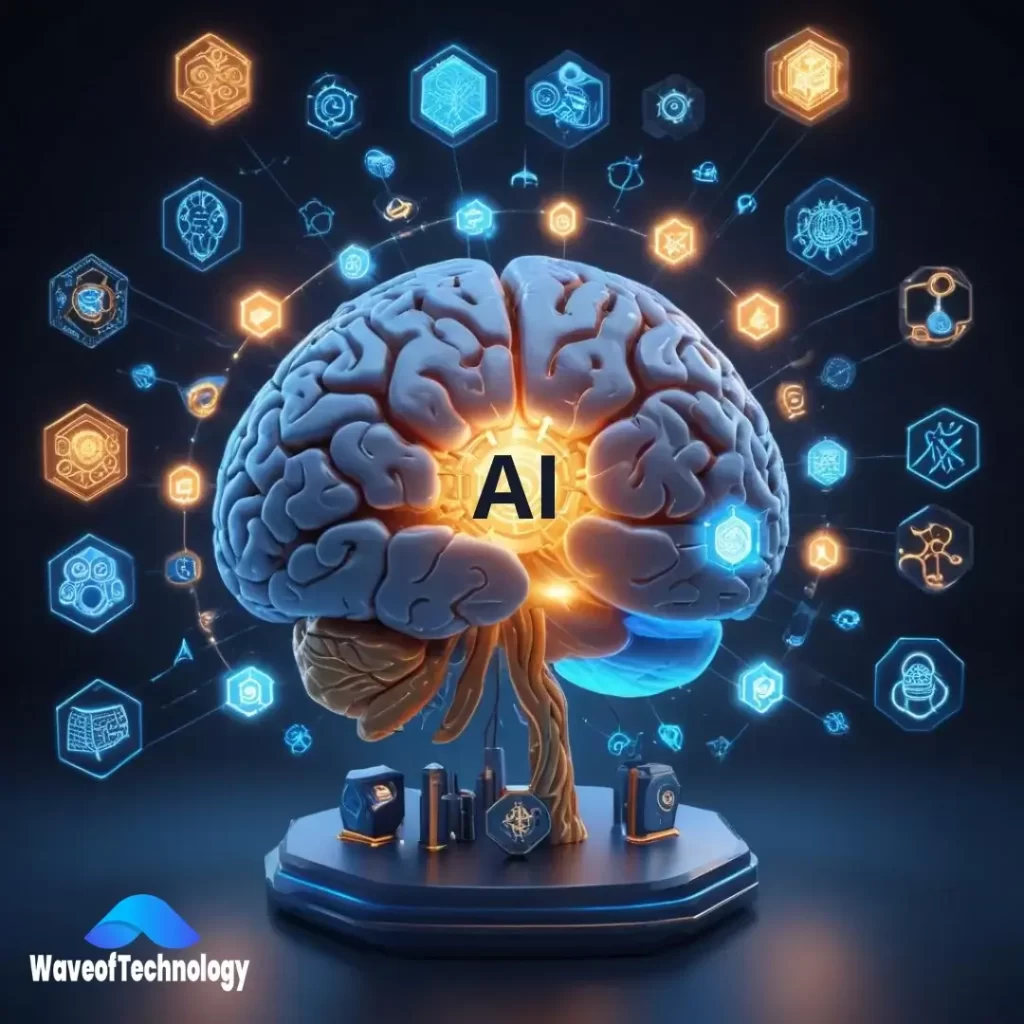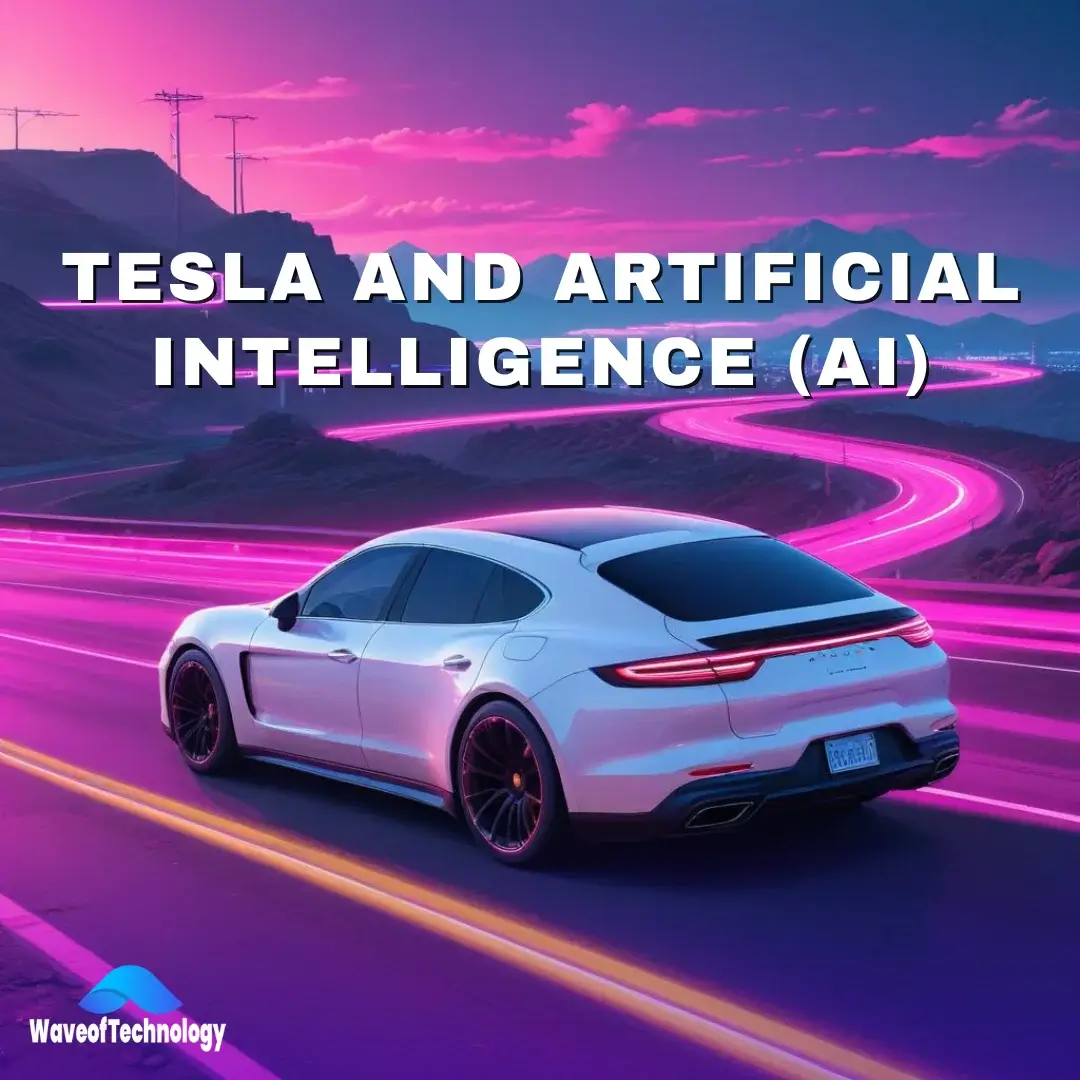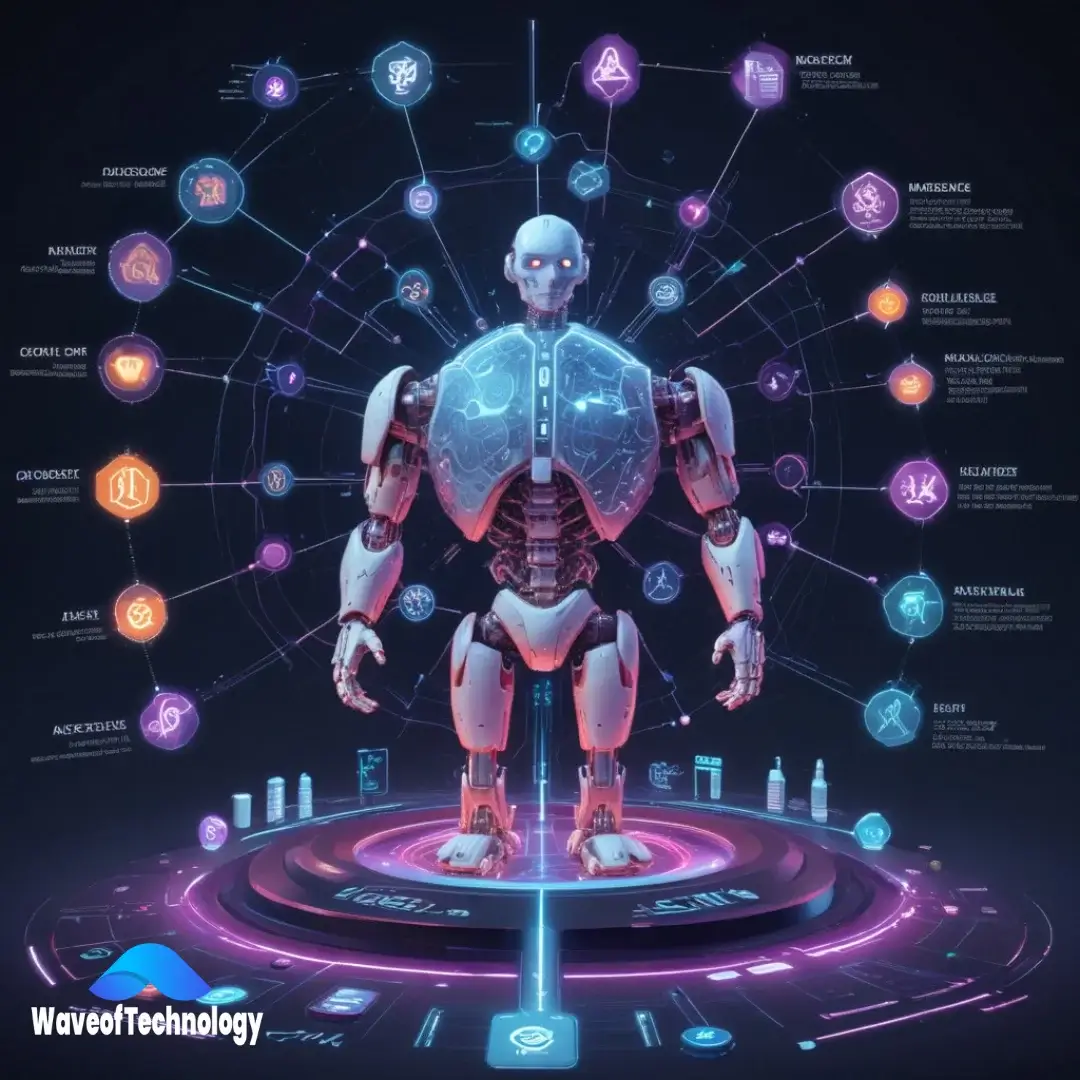Artificial Intelligence (AI) is the combination of algorithms designed to create machines that replicate human capabilities. Although it may seem like a futuristic and enigmatic technology, AI has been integrated into our daily lives for several years now, influencing everything from our personal devices to large-scale industries.
Types of Artificial Intelligence
AI can be categorized into various types based on its functionalities. Computer science experts Stuart Russell and Peter Norvig outline these as follows:
- Systems that Think Like Humans: These systems automate activities like decision-making, problem-solving, and learning. An example is artificial neural networks.
- Systems that Act Like Humans: These are computers that perform tasks similarly to humans, such as robots.
- Systems that Think Rationally: These systems aim to emulate the logical reasoning of humans, perceiving, reasoning, and acting accordingly. Expert systems fall into this category.
- Systems that Act Rationally: These systems strive to imitate rational human behavior, like intelligent agents.
Practical Applications of Artificial Intelligence
AI has numerous practical applications across various fields:
- Virtual Personal Assistants: Interactive chatbots can suggest products, restaurants, hotels, services, and entertainment options based on our search history.
- Climate Solutions: AI can enable fleets of drones to plant billions of trees annually to combat deforestation, deploy underwater vehicles to detect pipeline leaks, and create smart buildings designed to reduce energy consumption.
- Agriculture: Predictive analytics platforms can improve agricultural yields and warn of adverse environmental impacts.
- Finance: Intelligent technologies assist banks in detecting fraud, predicting market patterns, and advising clients on transactions.
- Education: AI can identify if a student is about to drop out, suggest new courses, or create personalized learning offers.
- Commerce: AI can forecast sales and recommend suitable products to customers. Companies like Amazon use robots to determine the potential success of a book before its release.
- Logistics and Transportation: AI helps avoid collisions and traffic jams while optimizing traffic flow. Tesla’s system, for example, shares route information between its cars to enhance navigation.
- Healthcare: Chatbots can diagnose symptoms based on patient input, and data collection generates patterns to identify genetic factors for diseases.
Transformative Impact of AI on Commerce
AI systems are revolutionizing commerce, particularly in automating purchasing and resource management for homes. An example is the Advanced Smart Assistant, a digital platform by Iberdrola. This platform allows customers to manage the consumption of smart electrical devices easily and automatically. By utilizing Amazon Web Services (AWS) and developed in Iberdrola’s Innovation Middle East Center, this product also enables users to shift their consumption to more economical tariff hours, maximizing electricity savings.
AI in Renewable Energy
Machine learning, a subset of AI, equips systems with the ability to identify patterns from previously obtained data. These algorithms enable computers to perform specific tasks autonomously without needing explicit programming. A significant application of machine learning is in weather prediction, where machines can rapidly and effectively gather and analyze meteorological data. Iberdrola Renovables’ MeteoFlow system, for example, can forecast production from various renewable installations based on weather predictions, aiding in energy sales, maintenance, and reporting.
AI in Distribution and Transport Networks
Integrating data analytics through AI can significantly enhance the processes and operations of smart grids. The digitalization of the grid allows rapid and remote management of energy supply and smart grid operations, enabling frequent preventive maintenance, anomaly detection, and proactive risk management.
The Future of AI
AI and robotics are already transforming the world, as evidenced by significant market growth. According to U.S. consultancy Gartner, the AI market could reach $127 billion by 2025, up from $2 billion in 2015. The leading investors will be the United States and China. The International Monetary Fund (IMF) predicts that AI will eliminate 85 million jobs in five years but will create 97 million new ones in return.
Artificial Intelligence is not just a technological advancement; it is a tool that is reshaping industries, improving efficiencies, and opening new frontiers in human capabilities. As we continue to develop and integrate AI, its potential to revolutionize our world will only grow.
Stay updated with the latest in technology by following WaveOfTechnology. Discover new trends, in-depth reviews, and expert insights. Don’t miss out—keep reading for fresh, cutting-edge tech content!








